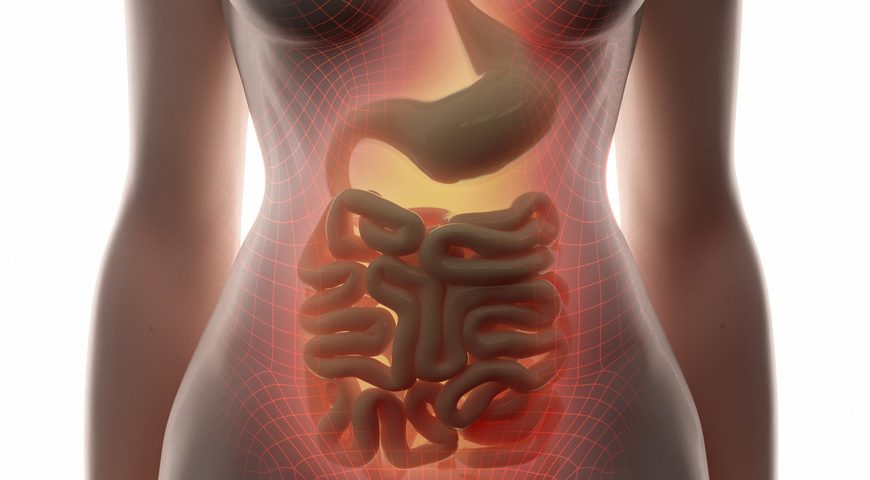Swiss regulators have agreed to review Cx601 as a treatment for Crohn’s-disease-related skin sores known as complex perianal fistulas.
The Swiss Agency for Therapeutic Products, or Swissmedic, granted orphan drug status to the stem cell therapy in September 2016 — recognition that better treatments are needed for the rare, debilitating condition. The European Medicine Agency’s Committee for Medicinal Products for Human Use is also reviewing Cx601 for Crohn’s-related fistulas. A committee approval would lead to the European Commission making a final decision on authorization.
An anal fistula is a small channel that develops between the end of the bowel and skin near the anus. It can can cause bleeding when a person defecates, and be painful.
Leuven, Belgium-based TiGenix developed Cx601, but Takeda Pharma has the rights to it outside the United States. TiGenix develops stem cell treatments. A key focus of Takeda, based in Osaka, Japan, is developing therapies for gastrointestinal diseases.
Takeda used 24- and 52-week results of the ADMIRE-CD Phase 3 clinical trial (NCT01541579) to support its request for Swissmedic to approve Cx601.
The trial is assessing donated stem cells’ effectiveness against anal fistulas at 24 weeks and during a follow-up period of up to 104 weeks.
Researchers discussed the 24-week results of the trial in a Lancet article titled “Expanded allogeneic adipose-derived mesenchymal stem cells (Cx601) for complex perianal fistulas in Crohn’s disease: a phase 3 randomised, double-blind controlled trial.”
Cx601 stem cells proved to be a safe and effective treatment for fistulas in Crohn’s patients who failed to respond to other treatments, both standard and biological, researchers said.
The therapy is derived from adipose mesenchymal stem cells. Adipose cells come from fat rather than bone marrow. Mesenchymal stem cells can transform themselves into other kinds of tissue, including bone, cartilage and muscle.
This type of stem cell is a good choice for treating fistulas because it has anti-inflammatory and immunomodulatory qualities, TiGenix and Takeda said. An immunomodulatory therapy is one that is capable of modifying or regulating immune functions.
“Cx601 may have the potential to offer an alternative treatment option to current therapies, which are often associated with complications and a high failure rate for a disease that is difficult to treat and often leads to pain, swelling, infection and incontinence,” Julie Puype, the general manager of Takeda Pharma Switzerland, said in a press release.
“Complications from Crohn’s disease, such as complex perianal fistulas, can have a severe impact on the lives of those affected,” said Dr. María Pascual, a TiGenix vice president. “This submission by our partner Takeda reflects our joint continued efforts to make Cx601 available to patients and physicians beyond the European Union.”
Crohn’s is a chronic inflammatory disease of the intestine that affects about 6,100 people in Switzerland and up to 1.6 million in Europe. Twenty to 30 percent of patients develop perianal fistulas, which can be a drag on their quality of life.

